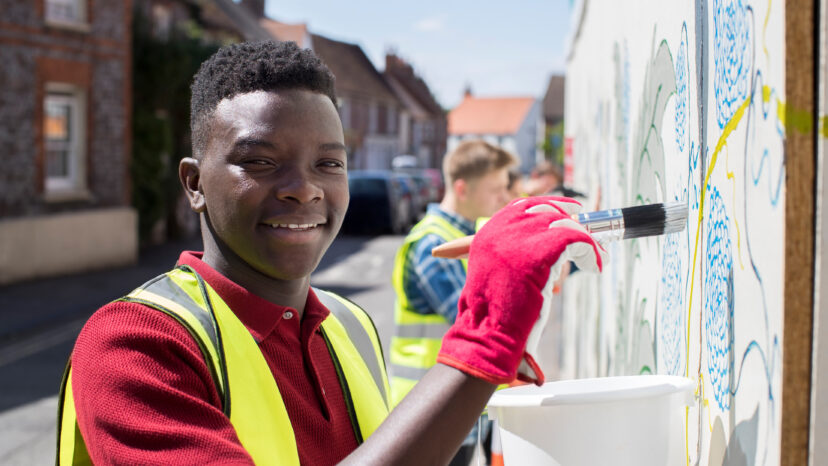10 Key Skills for Support Work and How They Might Be Assessed
Here’s a look at some common skills for support roles, along with sample questions to help you prepare:
1. Crisis Intervention
Question: "Can you describe a time when you had to respond quickly to a crisis or emergency? How did you manage the situation, and what was the outcome?"
2. Risk Management
Question: "How do you approach assessing and mitigating risks in a high-stakes environment? Can you provide an example where your actions directly contributed to someone’s safety?"
3. Professional Boundaries
Question: "Maintaining professional boundaries is crucial in support work. Can you share an experience where you had to balance empathy with professionalism? How did you ensure boundaries were respected?"
4. Support Plans
Question: "Tell us about a time when you developed a tailored plan to address someone’s specific needs. How did you ensure the plan was effective and adaptable to their changing circumstances?"
5. Safeguarding
Question: "Can you provide an example of when you had to protect someone’s well-being or intervene in a situation where you suspected harm or abuse?"






